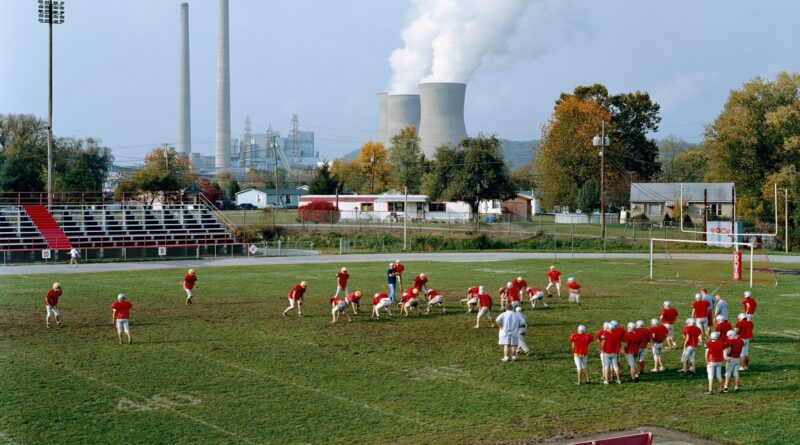The Supreme Court Tries Overruling Physics
A train of similar cases now approaches the high court—they would, for instance, make it all but impossible for the federal government to regulate tailpipe emissions or to consider the financial toll of climate change when deciding whether to approve a new pipeline. As the Times reported in a recent investigation, the plaintiffs in these cases “are supported by the same network of conservative donors who helped former President Donald J. Trump place more than 200 federal judges, many now in position to rule on the climate cases in the coming year.”
And this new jurisprudence would, in turn, make it even harder to achieve any international progress on rising temperatures. If the United States—historically, the world’s largest emitter of carbon—can’t play a serious policy role, it won’t play a serious leadership role. John Kerry, Biden’s climate envoy, who has been trying to rally the world for more aggressive climate action, is running out of cards to play.
Given the record flooding in Asia, the record heat in the Mideast, the record fires in the Southwest, and the record rainfall in Yellowstone, there’s a nihilist strain to this ruling. Be careful what you wish for: the biggest threat to corporate futures today is not a paperback about “erotic free love”; it’s an out-of-control climate that will undercut financial stability. But the conservative drive to roll back federal power has long since become more ideological than practical; the right-wing luminary Grover Norquist updated Powell’s plan for a feistier age, when he said that he wanted to shrink the federal government to a size that he could then “drown in a bathtub.” But drowning whole communities as the sea level inexorably rises?
And what about the large majority of Americans who want action on climate change, and the activist campaigners who have pushed that desire to the fore? Those activists have engaged with good faith over many years in an effort to use the latent power of the federal government to make necessary change, but now that effort seems less and less sensible. There remains an outside hope that the Build Back Better bill might still pick up fifty votes in the Senate before the fall, when Republicans could potentially regain control of Congress; the tax credits for renewable energy it contains would probably pass Supreme Court muster. But beyond that it’s hard to see exactly what the point of demanding federal climate action is now; why march on the Capitol or the White House if the Supreme Court won’t let elected leaders act even if they want to? And there’s no real way to march on the Supreme Court—it exists outside the ambit of normal politics—though rulings like this will also raise the pressure to expand the size of the Court, if and when the Democrats have the votes to do so.
You could also hope that an engaged Federal Reserve might take action—as Aaron Regunberg pointed out in a recent article, Court precedent (for whatever that’s still worth) might give the Fed some latitude. And state legislatures can act, too, though even there the Court may hem in their ability to, say, set mileage restrictions on cars—in fact, Republican attorneys general from around the country have already filed suit in the D.C. circuit court to do just that. (The D.C. circuit court contains new appointees such as Neomi Rao, who oversaw deregulation efforts in the Trump Administration before he offered her a seat on the bench.) Campaigners will keep trying to win elections, and to write policy, but it took Lewis Powell fifty years to win this fight, and it may take fifty years to win it back—and we do not have that kind of time in the fight against warming.
Wall Street may be the only other actor large enough to actually shift the momentum of our climate system. The pressure on banks, asset managers, and insurance companies will increase precisely because the Court has wrenched shut this other spigot. Convincing banks to stop funding Big Oil is probably not the most efficient way to tackle the climate crisis, but, in a country where democratic political options are effectively closed off, it may be the only path left. ♦

